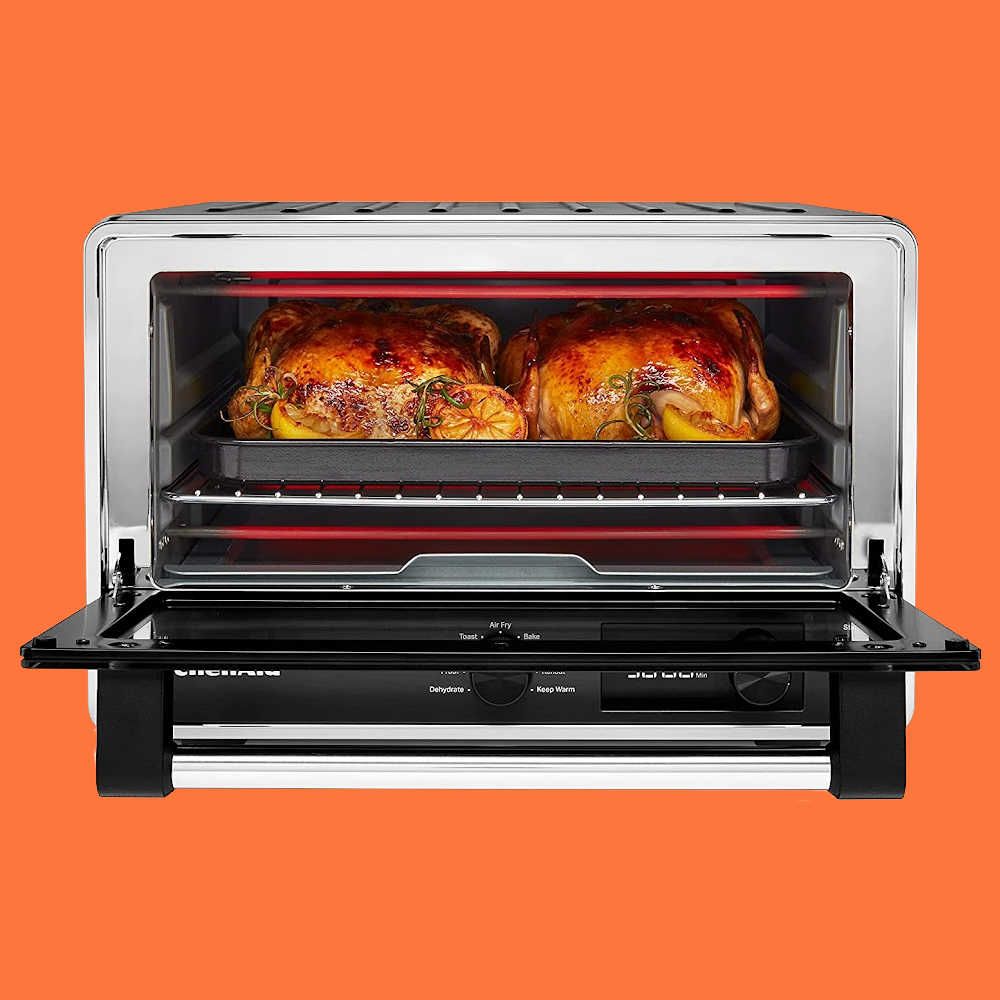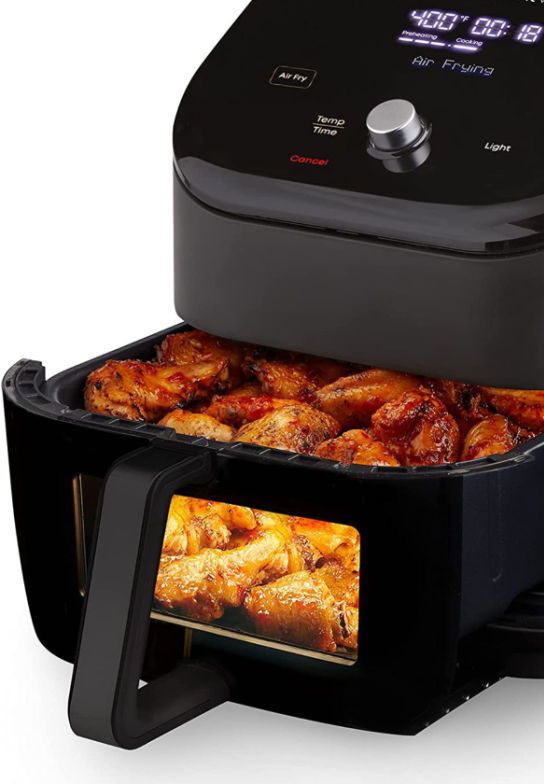Content Summary
What to do if your mini fridge is so loud that it’s disrupting your work or sleep?
In this quick guide, we’ll explore the 10 reasons your mini fridge makes noise, and how to fix them. With these tips, you can enjoy the benefits of a mini fridge without sacrificing your peace.
Note: no fridge is quiet. The low buzzing noise is normal: the fridge motor is working.


1. Vibrations
Issues
- One common reason that makes a mini fridge noisy is excess vibration.
- Vibrations happen when the cooling cycle turns the fridge’s motor on, causing the fridge to tremble a bit.
- Sometimes this produces a loud humming noise.
Solutions
- To fix this problem, you can turn the thermostat a bit lower.
- Or, you can place a rubber mat under the fridge to absorb the vibrations.
- This simple solution will reduce the humming sound.
2. Placement
Issues
- If your mini fridge is not properly leveled, it can cause vibrations that produce a buzzing noise.
- If it’s placed on an uneven surface or one that is too small, the fridge may wobble and result in rattle and hum.
Solutions
- Put it on a level surface that fits the mini-fridge.
- Ensure the fridge is properly leveled by adjusting its feet.
- Make sure the fridge is not pushed right up against a wall: this amplifies vibrations and noise.
3. Dirty Coils
Issues
- The coils of compressor mini-fridges tend to get dirty over time. This too can cause the fridge to work harder than it should.
- It causes a popping sound and sometimes a constant loud noise.
Solutions
- Cleaning the coils is easy and can be done with a vacuum cleaner or a brush.
- You can find the coils on the back of the fridge.
- Gently remove any dust or debris, and you'll once again have a more quiet mini fridge. Read our detailed guide on how to clean a fridge.
4. Poor Ventilation
Issues
- Mini refrigerators need to get enough ventilation. Without it, overheating may occur and result in strange noises.
- Blocked air vents can impede the airflow, causing your mini fridge to make an annoying noise.
Solutions
- Make sure the fridge has enough space around it (approximately 2 inches).
- This space allows air to circulate and keeps the fridge cool.
- Additionally, check the fan in the back of the fridge. If it’s dirty or not working correctly, it can cause your fridge to be overly loud.
5. Ice Build-Up
Issues
- If you have an ice maker or freezer in your mini fridge, excess ice build-up can make it noisy.
- Ice buildup in the freezer compartment can cause your mini fridge to work harder than normal and make unfamiliar sounds, from a popping noise to a buzzing sound.
Solutions
- Defrosting the freezer can reduce the noise levels.
- Simply turn off the fridge, take out its contents, and leave it open for a few hours to allow the ice to melt.
- Tip: mark your calendar to remind you to regularly defrost your fridge.

6. Loose Parts
Issues
- This rarely occurs with a new mini fridge, but loose parts may cause mini fridge noise.
- The door seals could become hard, dry, and damaged, causing air leaks.
- If the door is not tightly closed or if any of its screws are loose, cool air slips out, and the fridge's motor will be working extra hours and produce non-stop noise.
Solutions
- Tightening the loose parts can fix this problem.
- Examine the screws to make sure they’re secured.
- Check the door seal, and ensure it closes firmly.
- Lubricate the seals with petroleum jelly so that they don't harden, or better: replace the seals entirely.
7. Overcrowding
Issues
- Overcrowding your mini fridge can cause it to work harder.
- This extra work leads to more noise.
Solutions
- Properly organizing your fridge and removing unnecessary items will cause the fridge to return to normal operation and reduce noise levels.
8. Faulty Compressor
Issues
- Mini fridges usually have a small compressor that works to keep the contents inside cold. Read our related article about how mini-fridges work.
- Compressors produce a slight electric sound when they're functioning. However, a faulty compressor can produce hard-to-ignore loud noises.
- If you notice a clicking or popping noise that keeps going, this could be caused by a faulty or broken compressor.
Solutions
- If you suspect this is the issue, you should call for professional help to repair or replace it.
- A professional can determine if the issue is a faulty motor and make the necessary repairs.
9. Control Panel Noise
Issues
- If your fridge has an electronic control panel, you may hear a clicking sound when settings are changed.
- This will happen every time you make adjustments to the temperature or settings inside.
Solutions
- In most cases, this clicking noise is normal and harmless. Don't try to open up the fridge or attempt DIY repairs.
- Contact a professional who will be able to diagnose the problem and determine if it should be replaced.
10. Age & Worn-Out
Issues
- Like all appliances, mini-fridges have a limited shelf life.
- The fan motor in your mini fridge may become worn out and start making noise.
- If your mini fridge is old, it may be nearing the end of its life.
- Older mini-fridges tend to make more noise as their parts wear down.
Solutions
- You may need to replace your mini fridge with a new one.

Mini-Fridges Noise FAQs
Here are some commonly asked questions about the noises in mini-fridges.
Why is my mini fridge making a rumbling noise?
If you hear a rumbling sound coming from your mini fridge, this may be caused by either the condenser fan or the evaporator fan. The rumbling noise is caused by an imbalance in air circulation, and you might fix it by adjusting the thermostat.
Is it normal to have a noisy fridge?
Yes, it is normal for most mini fridges to make some noise. This noise usually comes from the fan motor or compressor running and will be more noticeable when the temperature is higher.
If it seems particularly loud, make sure to check the coils, fan blades, ventilation, and door seals as these may also cause unpleasant noise. If the noise persists, it may be time to replace your mini fridge.
How loud should a fridge be?
A mini fridge should make minimal noise and any loud sounds should be investigated. If the sound is coming from your mini fridge, it should not exceed 50 dB. If the noise is consistently loud, then you may need to investigate further.
Is 50 decibels loud for a refrigerator?
50 dB (decibel) is quite loud for a refrigerator. Generally, mini-fridges should produce minimal noise and any louder noises should be investigated. It may be time to check the coils, ventilation, and other components of your mini-fridge to ensure they are working properly.
What dB is too loud for humans?
The World Health Organization recommends that people should not be exposed to sounds over 85 dB (decibels) for extended periods. Over time, sounds at this level may cause hearing damage.
It is important to keep the noise level of your mini-fridge at a reasonable level for the health and safety of your environment.
In summary, identifying why your mini fridge is making a loud noise is essential to fix it. Knowing how to address these issues can save you time and money, so it runs quietly and smoothly.
If you need to replace a new fridge, check out our pick of best mini fridges for bedrooms. These are low noise level and energy-efficient models that ensure you a hassle-free use.

With a little troubleshooting, you can enjoy a quiet and comfortable environment free of the humming sounds of a noisy mini fridge.
Happy cooling!
Catchy Finds
















